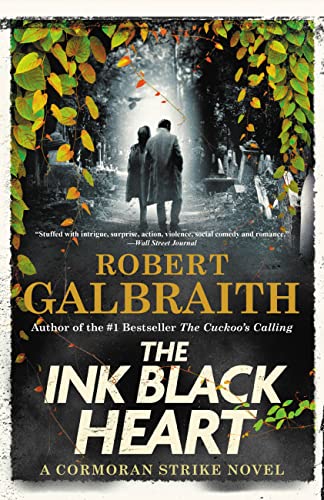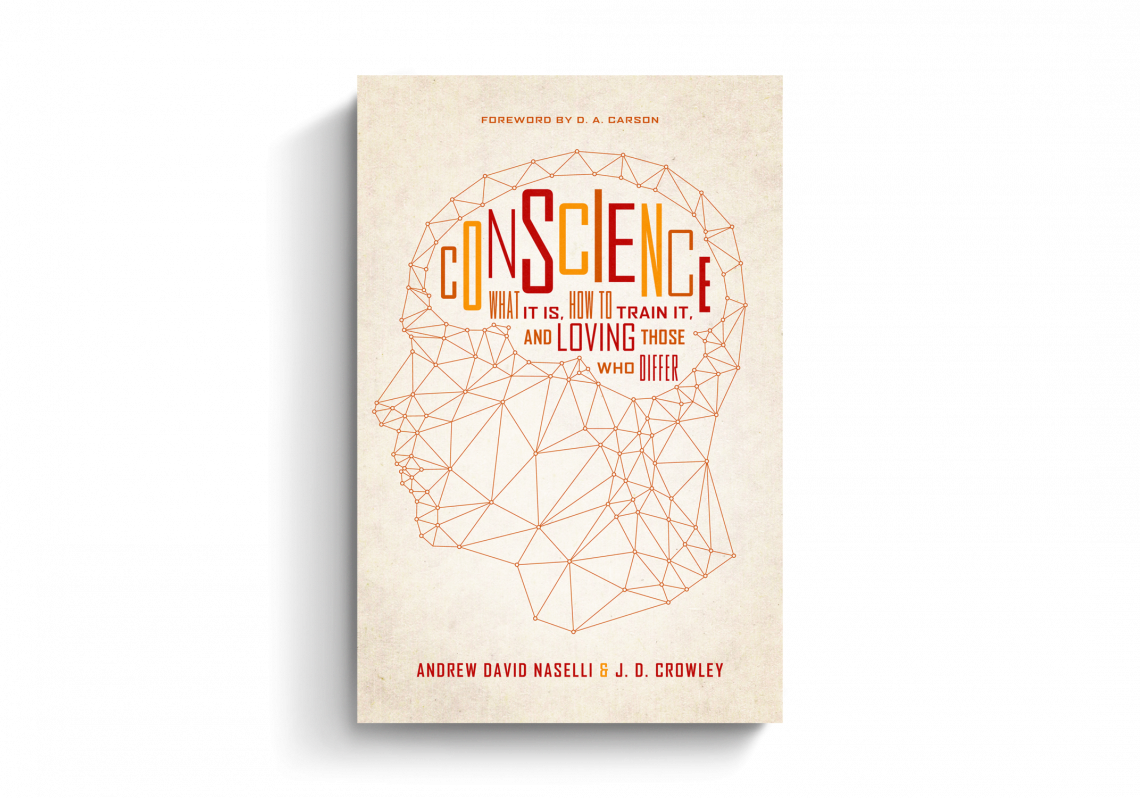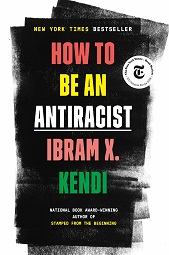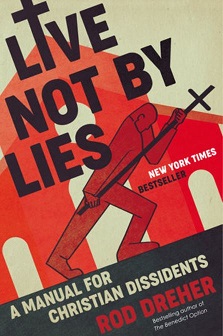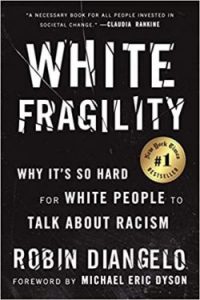I finished Abigail Shrier’s book Bad Therapy: Why the Kids Aren’t Growing Up about two or three weeks ago. I’ve had a lot of time to ruminate on it, and I think it will be one of the most important books of the year. It really is a bit of a barn-burner. Her reporting gathers evidence against some of the sacrosanct totems of our age: 1. Trauma-informed therapy 2. Gentle parenting 3. Hyper-medicalization of children 4. Bessel van der Kolk’s The Body Keeps the Score 5. Empathy run amok Shrier begins the book with a giant disclaimer that she’s not writing this book about kids with actual serious, debilitating trauma.…
-
-
Jinger Duggar Vuolo Takes on Bill Gothard… and Wins
I have known of Bill Gothard’s name for many years but have paid very little attention to his ministry. For a long time, my knowledge was pretty limited to “his followers don’t like drums and have an emphasis on family and legalism.” I had heard bits and pieces of his teaching over the years but had never made a study of it. What I had heard gave me the impression that he was a fringey figure. His ministry seemed to me passé, like an 80’s thing that—except for a handful of “hangers on”—was flickering out. After Gothard was exposed as a hypocritical lech in 2014, I thought surely that whatever…
-
Book Review: “The Genesis of Gender” by Abigail Favale
I just finished one of the most riveting and timely books that I have ever read. The author is George Fox University professor Abigail Favale, and the book is The Genesis of Gender: A Christian Theory (Ignatius, 2022). Even though I differ with the author on several important points (more on that below), her overall thesis is unassailable in my view. On some of the biggest and most contested issues of our day, this book is a breath of fresh air—indeed, of fresh, clean, Christian air blowing from the ancient past. In the Genesis of Gender, Favale exposes the philosophical and spiritual bankruptcy of what she calls the “gender paradigm” (p.…
-
Protected: List of Characters for the “Ink Black Heart”
There is no excerpt because this is a protected post.
-
What is conscience, and what happens if I ignore it?
I think I received a copy of the book Conscience back when if first came out in 2016, but I didn’t read it then. That was a mistake. I just finished the audiobook version last week and believe it is one of the most practical, theologically-rich, biblically-saturated books I have ever read. The table of contents reveals what the book covers and its practical nature: What Is Conscience? How Do We Define Conscience from the New Testament? What Should You Do When Your Conscience Condemns You? How Should You Calibrate Your Conscience? How Should You Relate to Fellow Christians When Your Consciences Disagree? How Should You Relate to People in…
-
Overwhelmed by Great Expectations and Joe Gargery
I just finished what has to be one of the greatest novels of all time, Charles Dickens’ Great Expectations. I am fairly overwhelmed by it, to be honest. Probably because I identify so much with Pip, especially his defects of character. I daresay that some of those very same defects were so pronounced in my own life in earlier days that I could not have read and benefited from this book had I read it in high school. Had I read it then, I probably would have thought it a tragedy rather than a comedy. I am embarrassed to say that, but I think it’s true. There was too much…
-
Review of LOGOS 9
There are some professors of Bible who have an allergy to Bible software. I am not one of them. But those who do object do so mainly because they fear their students may use such a resource as a crutch and as a result may never really learn how to read the Bible in the original languages. Their concern is that students may rely on the software’s instant parsing and glosses so much that they never actually learn how the language works. While I agree that this is a legitimate concern, I do not agree that eschewing Bible software altogether is the answer. Students of Hebrew and Greek do in…
-
Taking on the Revolutionary Program of Ibram X. Kendi
Anyone reading this site over the last several years has probably noticed my growing alarm about leftist “social justice” ideologies. I had already become somewhat acquainted with queer theory while doing research for my book on sexual ethics in 2012-2013. A 2016 lecture on intersectionality at an ADF event, however, helped me to see that queer theory was but one strand of a multi-faceted leftist identitarian movement. I had heard of identity politics, but now I was beginning to understand some of its ideological underpinnings. More and more, it appeared to be a kind of religion. I began writing informally about intersectionality in this space in 2017 and began to…
-
Could you be convinced that 2 + 2 = 5?
In high school, I remember starting George Orwell’s 1984 and Aldous Huxley’s Brave New World but never finishing either one of them. I thought they were boring and—what’s worse—morose. So I gave up on them. That was then, and this is now. In the last few months, I restarted and completed each of them. First, Brave New World and then 1984. This time, I was very much engaged. Both books read like totalitarian prophecies that have or at least are on the verge of coming true. Both of them forecast dystopian futures dominated by totalitarian regimes. One totalitarianism maintains power by appealing to human desire for pleasure (Brave New World)…
-
Why White Fragility Fails
Earlier this week, I finished Robin Diangelo’s New York Times #1 Bestselling book White Fragility: Why It’s So Hard for White People To Talk about Racism (Beacon, 2018). A lot of ink has already been spilled over this book, and I suppose that I have little more to add. I won’t write a full review here. If you want that, I recommend Tim Challies’ three–part series. Nevertheless, I do have some observations that I would like to add to the conversation. The basic gist of the book is this. White people participate in a complex system of privilege and white supremacy. Whether they mean to or not, they are therefore…



